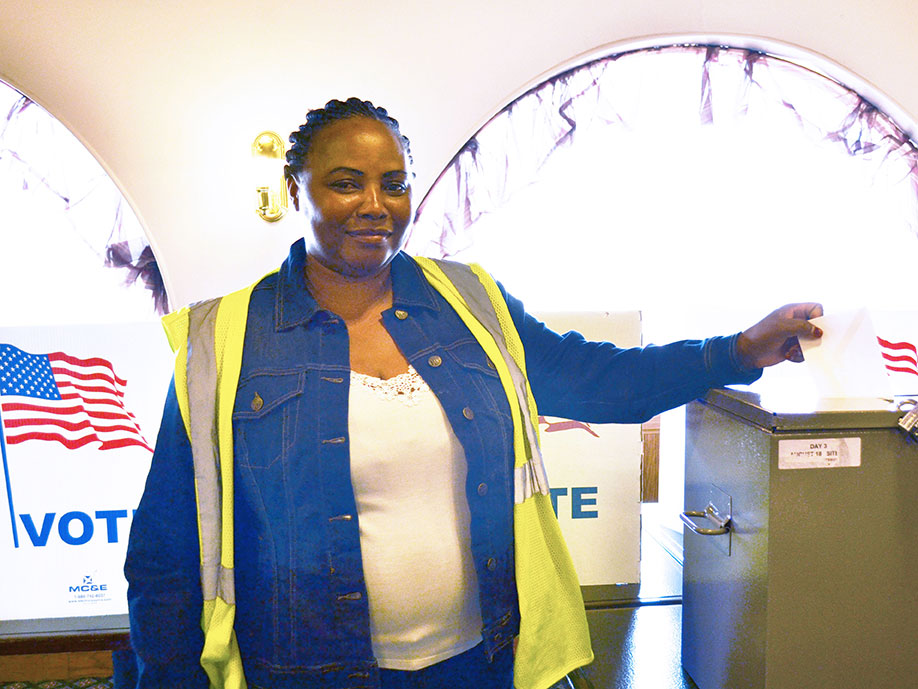Collective Bargaining

How Collective Bargaining Works
Regardless of the employer or number of members covered by a contract, UFCW 951 typically handles all contract negotiations in the following manner.
Membership Survey
A few months before UFCW 951 plans to enter contract negotiations with an employer, the union will survey the members covered by the agreement. Participating in this survey is an opportunity to have a voice in your contract negotiations. The union will use the information provided on the returned surveys to establish goals for the contract negotiations and construct the union’s bargaining proposals.
Membership Meeting
After the union has tabulated the membership surveys, UFCW 951 will hold a membership meeting to review the bargaining goals, discuss the bargaining climate, and answer members’ questions regarding their contract negotiations. Attending this meeting is another way to exercise your voice in the contract negotiations. During this meeting, the union will typically ask for volunteers to serve on the union’s bargaining committee. This is the committee that meets with the company’s bargaining committee to negotiate the new contract. Committee members represent their coworkers during the negotiations and offer valuable insight during bargaining sessions.
Bargaining Sessions
During the bargaining sessions, the union’s bargaining committee and the company’s bargaining committee exchange contract proposals detailing the changes they want in the new contract. Depending upon the complexities of the issues, and how far apart the two sides are at the onset of the negotiations, these sessions can span a few weeks to several months. Bargaining concludes when both sides decide they have reached the best compromise possible, or the company presents the union with its final contract offer.
Contract Ratification
The union is obligated to present the company’s final contract offer to the members covered by the agreement, also known as the bargaining unit, for a vote. Prior to the vote, the union will provide members with a copy of the proposed contract changes for their review. The union will also hold an open house where members can receive answers to any questions they have about the proposed contract before casting their vote. The union will also let members know how their bargaining committee recommends they vote. The vote on the contract is conducted by secret ballot. Members can vote to accept or reject the contract, and possibly authorize a strike. A simple majority vote is required to accept a contract, while two-thirds of voters must authorize a strike. If a contract is rejected, the union will ask the company to continue contract negotiations. In these circumstances, the company is not obligated to change their proposal, and can even reduce their offer.
UFCW 951 can negotiate the best contracts when members participate in the bargaining process and stand united in support of one another’s bargaining goals.